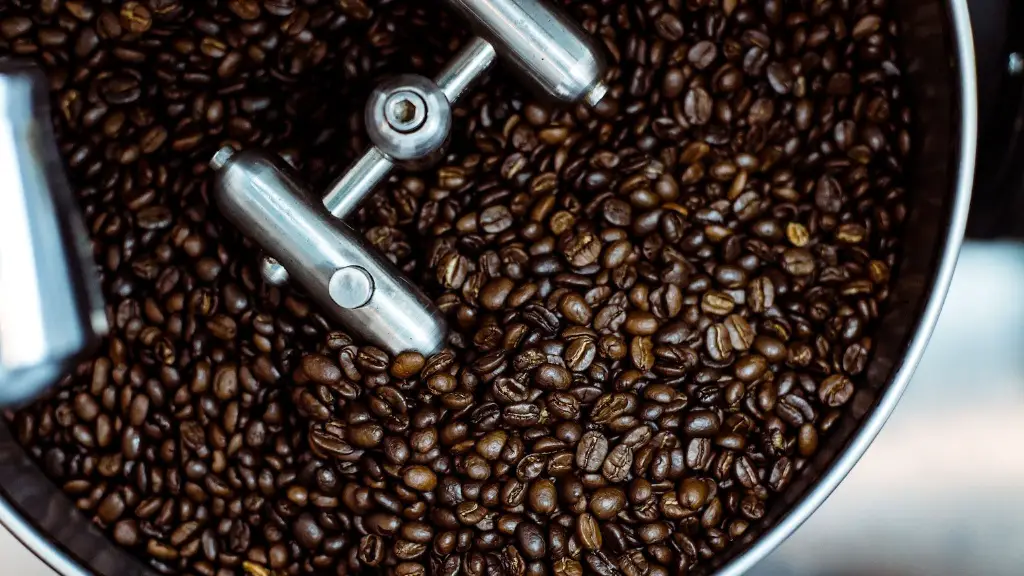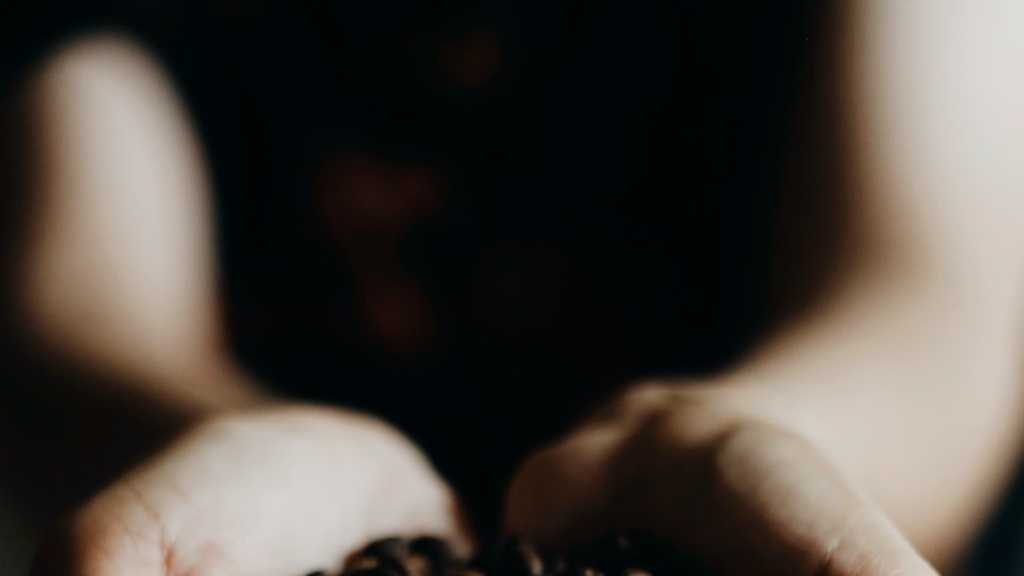Coffee is one of the most consumed beverages in the world. Millions, if not billions of people, drink it all day long for a range of reasons. Some for the taste, some for the energy it provides, and some for the social aspect that comes with drinking coffee. But one group that’s particularly interested in the effects of drinking coffee are pregnant women. So, is it safe to drink coffee while pregnant? Let’s take a closer look at the research.
One study published in the journal American Journal of Obstetrics and Gynecology found that drinking up to two cups of coffee per day may be safe for most pregnant women. The study looked at the effects of caffeine on newborn health and found that moderate caffeine consumption during pregnancy had no adverse effects on the health of the baby. Additionally, the study found that excessive caffeine consumption did not adversely affect neonatal body weight.
However, the same study found that excessive caffeine consumption during pregnancy, defined as over 500 mg of caffeine per day, may increase the risk of stillbirth. They also determined that the risk was more pronounced the further along the pregnancy was. Therefore, it’s important to remember that moderation is key when it comes to coffee consumption while pregnant.
In addition to this, pregnant women should also be mindful of any additional ingredients they may be adding to their coffee. For example, some flavored coffee syrups may contain artificial sweeteners, which have been linked to an increased risk of developing gestational diabetes and babies with an increased risk for birth-related defects.
Overall, it seems that moderate coffee consumption during pregnancy is safe for most women and their unborn babies. However, it’s important to remember the risks associated with consuming excessive amounts of caffeine, as well as any additional ingredients that may be added to coffee. As always, speak with your doctor if you do have any questions or concerns about drinking coffee while pregnant.
Caffeine Content in Starbucks Coffee
When it comes to drinking coffee while pregnant, it’s important to be aware of the caffeine content in whichever coffee you’re drinking. Starbucks coffee is a commonly consumed beverage, and the good news is that their drinks are generally not overly high in caffeine. A grande black coffee has an average caffeine content of 330 mg per cup, while a grande Latte has 75 mg of caffeine.
This means that having a grande Latte each day will fall within the limits of approximately less than 300 mg of caffeine per day. It is recommended that pregnant women stay below this recommended limit for caffeine consumption, as drinking more than 500 mg per day is linked to an increased risk of stillbirth and other birth defects.
Of course, even if you’re drinking within the recommended limit, there is still the risk of other ingredients or components in the coffee causing you harm if you are pregnant. For example, flavored syrups may contain certain artificial sweeteners that could be linked to an increased risk for gestational diabetes and other complications.
If you’re feeling anxious and concerned about the effects of drinking coffee while pregnant, speak to your doctor to get professional advice and to discuss your options.
Decaffeinated Coffee
An option pregnant women may choose to explore is decaffeinated coffee. Decaffeinated coffee undergoes a process to extract the caffeine found in coffee beans. For this process, coffee beans are soaked in water and then steeped in a solvent, such as methylene chloride. This solvent binds to the caffeine molecules, allowing them to be extracted from the beans.
Once the caffeine has been extracted, it is then re-added to the beans as a concentrated solution. Some coffee companies claim that their decaffeinated coffee does not contain any caffeine, which is not strictly true. Decaffeinated coffee does still contain small amounts of caffeine, just at much lower levels than regular coffee.
However, bear in mind that decaffeinated coffee may not be suitable for all pregnant women. As decaffeinated coffee still contains small amounts of caffeine, if you’re particularly sensitive to caffeine then you may wish to avoid decaffeinated coffee completely. Additionally, the process of extracting caffeine from coffee beans may also introduce other chemicals into the coffee that could be potentially harmful during pregnancy.
If you’re unsure, talk to your doctor about the effects of decaf coffee and to discuss your individual needs.
How Coffee Can Affect Sleep During Pregnancy
One of the major effects of drinking coffee during pregnancy is the impact that it may have on your sleep. While caffeine can help to provide an energy boost, consuming it too late in the day may have the opposite effect. Caffeine can remain in the body for up to 10 hours, so if you’re having coffee in the evening, you may find it more difficult to fall asleep and stay asleep.
It’s important to remember that maintaining a good sleep pattern during pregnancy is especially vital, as pregnant women are more vulnerable to feeling sleep-deprived. Furthermore, research suggests that disrupted sleep patterns and lack of sleep during pregnancy can lead to an increased risk of complications such as gestational diabetes and preeclampsia.
So, it is likely best to avoid coffee in the late evening hours to minimize its potential impact on your sleep. If you’re finding it difficult to sleep or are feeling tired during the day, explore some other options such as herbal teas, warm milk or decaffeinated coffee.
Tips for Drinking Coffee While Pregnant
While moderate caffeine consumption during pregnancy is generally safe, it’s still important to be mindful and take certain precautions when it comes to drinking coffee.
Firstly, remember to drink it in moderation. According to the American College of Obstetrics and Gynecology, it’s generally safe to consume up to 200-300mg of caffeine per day. While this may vary from person to person, it’s best to err on the side of caution and only consume the recommended amount while pregnant.
In addition to this, be mindful of any additional ingredients you may be adding to your coffee, such as creamers, flavored syrups or sweeteners. These ingredients may contain things like artificial sweeteners, which could potentially increase your risk of developing gestational diabetes and other pregnancy-related complications.
Finally, try to avoid drinking coffee late in the evening, as this could affect your sleep. Remember that getting enough rest during pregnancy is important for the mental and physical health of you and your baby.
Different Alternatives to Coffee
For those looking for an alternative to coffee, there are a range of options available. Firstly, herbal tea is a great way to get a caffeine-free option with a range of great flavors. Alternatively, some of these herbal teas also contain miniscule amounts of caffeine, so these can also be an option for those who don’t want to quit their caffeine habit entirely.
Some other alternatives to coffee include warm milk, decaffeinated coffee, and energy drinks. Energy drinks, while they may not necessarily be the healthiest option, can provide a boost of energy without the daily dose of caffeine.
Caffeine-free, sparkling water is another popular choice, and most supermarkets and convenience stores sell a range of different flavors. These can provide a great sense of refreshment as well as a break from caffeine consumption. Additionally, these alternate beverages are considerably lower in sugar than some of the more popular energy drinks.
Finally, fruit smoothies and juices are great natural sources of energy. While it’s generally recommended to keep sugary drinks to a minimum, if you’re feeling a little low on energy, natural fruit juices and smoothies are a suitable option to help get you back on your feet.
What to Keep in Mind When Drinking Coffee While Pregnant
Ultimately, it seems that drinking coffee in moderation during pregnancy is generally safe for most women. However, there are certain steps to take in order to make sure that it is consumed in a safe way.
Firstly, moderation is key. Keep your daily caffeine consumption below 300mg and consider avoiding energy drinks or other heavily caffeinated options to be on the safe side. Furthermore, think about the additional ingredients you may be adding to your coffee such as creamers, syrups or sweeteners as these can also affect your overall health.
Finally, as coffee can interfere with your sleep, try to avoid coffee late in the evening. Instead, consider exploring some of the different coffee alternatives such as herbal teas, sparkling water or decaffeinated coffee.





